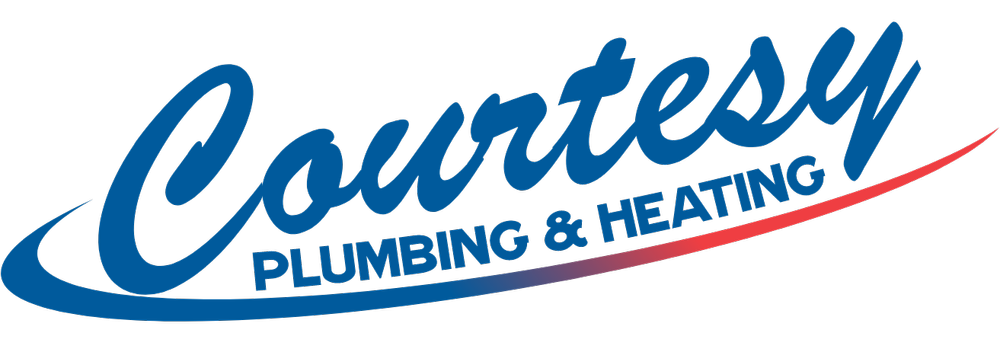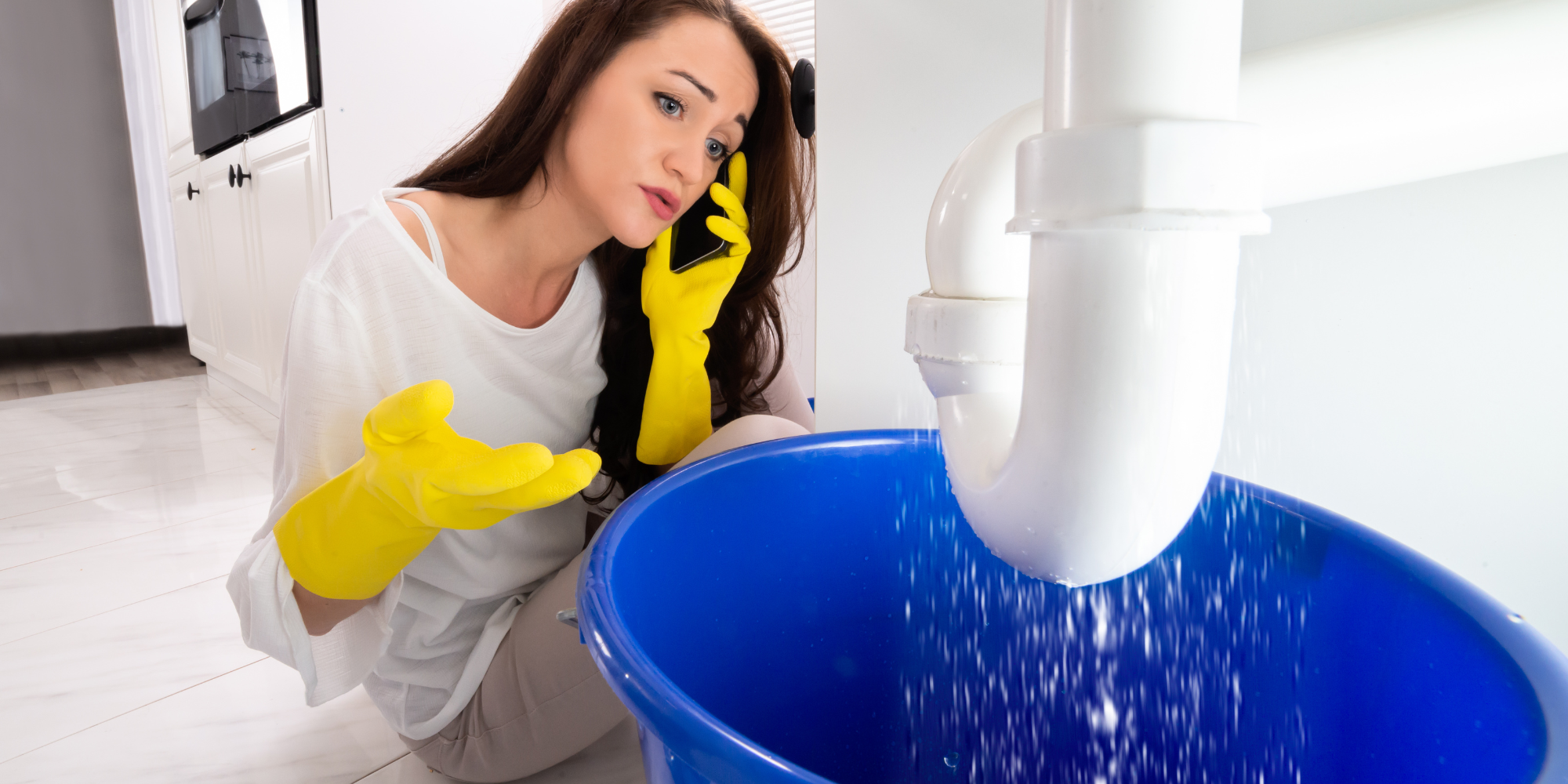When to Call a Plumber: DIY Fixes vs. Professional Repairs
Owning a home comes with a long list of maintenance tasks, and plumbing issues are among the most common challenges homeowners face. From a leaky faucet to a clogged drain, it’s tempting to grab a wrench and handle the problem yourself. But while some minor fixes are perfect for a DIY approach, others require the expertise of a professional plumber to prevent further damage and costly repairs.
DIY Plumbing Fixes: When You Can Handle It Yourself
Some plumbing issues are relatively straightforward and can be handled with a little know-how and basic tools. Here are a few situations where a DIY approach can save you time and money.
1. Fixing a Leaky Faucet
A leaky faucet is one of the most common and simplest plumbing problems to fix. Often, it’s just a matter of replacing a worn-out washer or O-ring inside the faucet. With the right instructions and a few basic tools, you can typically fix this problem in under an hour.
2. Unclogging a Slow Drain
Slow drains in sinks, bathtubs, or showers are usually caused by a buildup of hair, soap scum, or food particles. For minor clogs, a drain snake or even a plunger can do the trick. In many cases, pouring a mixture of baking soda and vinegar down the drain followed by hot water can also help clear the blockage.
3. Running Toilet
If your toilet keeps running after being flushed, the problem is usually with the flapper or fill valve inside the tank. Replacing these parts is a straightforward process that doesn’t require specialized plumbing knowledge. A quick trip to the hardware store and a little bit of time should solve the issue.
4. Replacing Showerheads or Faucets
Upgrading to a new showerhead or faucet is a manageable task for most homeowners. With just a wrench and some plumber’s tape, you can easily swap out old fixtures without needing to call a professional.
When to Call a Professional Plumber
While some plumbing fixes are DIY-friendly, other issues are much more complex and could lead to bigger problems if not handled correctly. Here are a few scenarios where you should definitely call a licensed plumber.
1. Persistent Clogs
If you’ve tried everything to clear a clogged drain and it keeps coming back, there’s likely a deeper issue at play, such as a blockage in the main sewer line. Persistent clogs can lead to serious damage if not addressed properly. A professional plumber has the tools and experience to diagnose and fix the problem without damaging your pipes.
2. Low Water Pressure
Low water pressure can be caused by anything from a buildup of sediment in your pipes to a leak in your plumbing system. If you notice a sudden drop in pressure, it’s best to call a plumber to assess the situation. Low water pressure can be a sign of bigger issues like pipe corrosion, blockages, or even a broken main line, all of which require professional expertise.
3. Water Heater Issues
If your water heater is not producing hot water, or if it’s making strange noises, it’s time to call a plumber. Water heaters involve both water and electricity (or gas), making them dangerous to troubleshoot on your own. Whether the issue is a faulty thermostat, a failing heating element, or a more significant mechanical problem, a professional can diagnose and repair it safely.
4. Burst Pipes
A burst pipe is an emergency situation that requires immediate attention. While turning off the water supply is a necessary first step, you’ll need a professional plumber to repair the damage and prevent water from flooding your home. Burst pipes are especially common in areas with freezing temperatures, like Castle Rock, and should always be handled by a pro.
5. Sewer Line Issues
Sewer line problems are some of the most serious plumbing issues homeowners can face. Signs of a sewer line issue include multiple clogged drains, sewage backups, or foul odors coming from your drains. These issues require specialized equipment and expertise that only a licensed plumber can provide.
6. Major Plumbing Installations
If you’re planning a bathroom or kitchen remodel, or if you need to install a new appliance that requires plumbing (like a dishwasher or water heater), it’s best to leave the job to a professional. Installing plumbing fixtures incorrectly can lead to leaks, water damage, and even electrical hazards.
DIY Mistakes to Avoid
While DIY plumbing can be a great way to save money, it’s easy to make mistakes if you’re not careful. Here are a few common DIY pitfalls to watch out for:
Over-tightening connections – This can lead to cracks in the pipes or fittings, causing leaks down the road.
Using too much drain cleaner – Chemical drain cleaners can corrode your pipes over time. It’s better to use a snake or plunger to clear minor clogs.
Forgetting to turn off the water – Always shut off the water supply before starting any plumbing project to avoid a messy flood.
Ignoring local codes – Major plumbing work often requires permits and must be done according to local building codes. If you’re not sure, it’s best to call a professional.
The Bottom Line: Know Your Limits
While DIY plumbing can be rewarding and cost-effective, it’s important to know your limits. If you’re ever in doubt, it’s always better to call a licensed plumber to avoid turning a small problem into a big (and expensive) disaster.
At Courtesy Plumbing & Heating in Castle Rock, Colorado, we’re here to help with all your plumbing needs—whether it’s an emergency repair, routine maintenance, or a complex installation. Contact us today for professional, reliable service that you can trust.

